“And for lunch we have crocodile…” Mong Dao had continued his monotonous monologue since the time I boarded his steamer. Churning the muddy water of the Tonle Sap River of the Mekong River system of Cambodia, we drifted towards our destination, the floating village of Tonle Sap Lake.
Until now I was lost in the sight of the playful shimmering sunlight on the river which appeared like molten silver. The constant mechanical groan of the steamer motor accompanied us. Although it was nearly midday, a gentle breeze blew, wafting in the smell of fish, salt and river.
His word ‘crocodile’ caught my immediate attention and I turned towards him saucer-eyed. Incredulously I whispered, “What are we having for lunch?” I wanted to make sure what I heard was correct.
“Crocodile” he replied nonchalantly with a shrug. There was perhaps something on my face that cracked up his sixty-plus suntanned wrinkly old face and the corner of his lips lifted up in crooked amusement. Realizing it was his funny bones speaking, I let out a breath of relief which I was unconsciously holding. Together we broke out into peals of laughter.
Mong was one amongst the thousands of ethnic Vietnamese who found a home away from home on this very ‘no man’s land’ Tonle Sap Lake. The years between 1975 and 1979 witnessed the greatest massacre of the Khmer Rouge regime in Cambodia under Pol Pot. Mong fled his country along with thousand others amidst the political turmoil. The legacy of Democratic Kampuchea had torn the country apart. Years of deprivation, starvation and disease followed into meaningless nothingness.
With his family lost and dead in the scariest genocide of the 20th century, with nowhere to go and nothing to claim as his own due to lack of any paper evidence, Mong a then teenager chose the most precarious option of life, living on water, a neutral space. For he like many others have been denied their identities by both the Vietnamese and Cambodian governments.
Adaption is man’s best unknown feat. We think we cannot survive in alien conditions but hold on! Mong and people like him did exactly that, the survival of the fittest lived to tell the tale. Tonle Sap floating village breaks all those doubts about man’s ability and willingness to live despite all odds. I had no inkling about his life on water until then and he opened up my eyes to a whole different world altogether.
“Welcome to my village” proudly Mong gestured towards the open water. Squinting against the glaring sun, shading my eyes with one hand I peered at the sight ahead. What I saw made me gasp!
Dotted across the emerald water expanse were small makeshift huts made of wood, scraps of metals, tarpaulin and whatnot. Few clustered together, the rest separated by the colourful algae water of the lake. Tiny boats were attached to all the houses. Some floated lazily as the villagers went about doing their daily chores, fishing or selling wares. With a depth of nearly ten feet, spreading over 2700 square kilometres, Tonle Sap Lake with its floating village has its own poignant tranquil beauty.
Essentially a fishing community, the residents of the lake offer tour guides like Mong to earn an extra living. They are the true survivors of mankind with lost land, lost nation and lost individuality. Who are these people then? What are we to our country and what a country is to us if there is no country at all? Until you ponder this question, let me add on just by saying that these people are freer than free. A true liberated souls.
Manoeuvring across the lake, Mong took me around his village. More and more astonishment awaited me. I saw a pristine white church with a wooden cross perched on the rooftop. The laughter of small children filled the air as they rode tiny boats towards a hut marked as ‘school’. They cheerfully waved at me. It was a usual scene only in an unusual village.
We stopped at a floating restaurant, where Mong wanted to treat me with their authentic food. It was one of the largest bamboo structures around. Emerging from the water level beneath, it was strongly built on a complex network of stilts which could be seen as the water retreated. Separating the lower deck from the upper, the restaurant was indeed magnificent.
Sitting arrangements made from waste metal oil barrels perfectly carved into chairs and long wooden tables adorned all four sides, offering a perfect view. Towards the centre of the building was an open space, peering down the barricaded area, I saw three crocodiles sunbathing. For a moment my heartbeat skipped. “No, they are not for your lunch,” Mong replied to my unasked question laughing from behind. I sighed inwardly in relief.
The gentle water lapped the sides of the restaurant as we sat to enjoy the fish amok, a steamed coconut fish in banana leaves, kuy teav or noodle soup and some Angkor beer he had ordered. An easy jovial stream of conversation flowed between us as I kept on asking him about his history, family and life here. Not even for a moment I felt, he regrets what life had offered him and his people. Sad? Perhaps! But no regrets. Towards the end of our jolly conversation, I asked him, “What does your name mean?” Exposing his yellow teeth in his usual contagious smile, he replied “Hope.” I inhaled sharply and stared back at him, realizing the truth at last.
Indeed it was hope that kept these people afloat and alive. Carefully wrapped in the memories of the past and a hope for a better future. These Vietnamese in Cambodia have definitely not forgotten to live and love life.





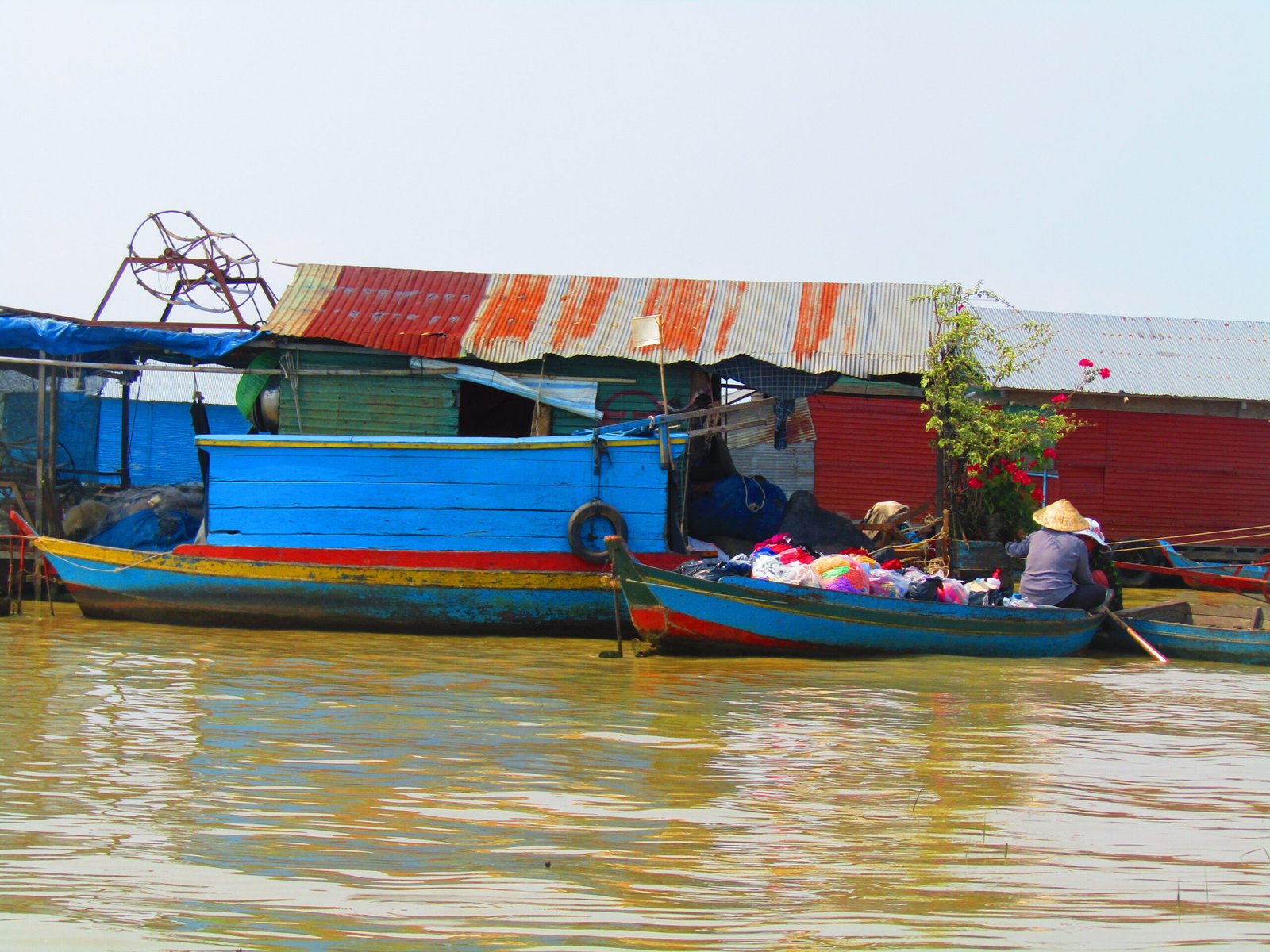

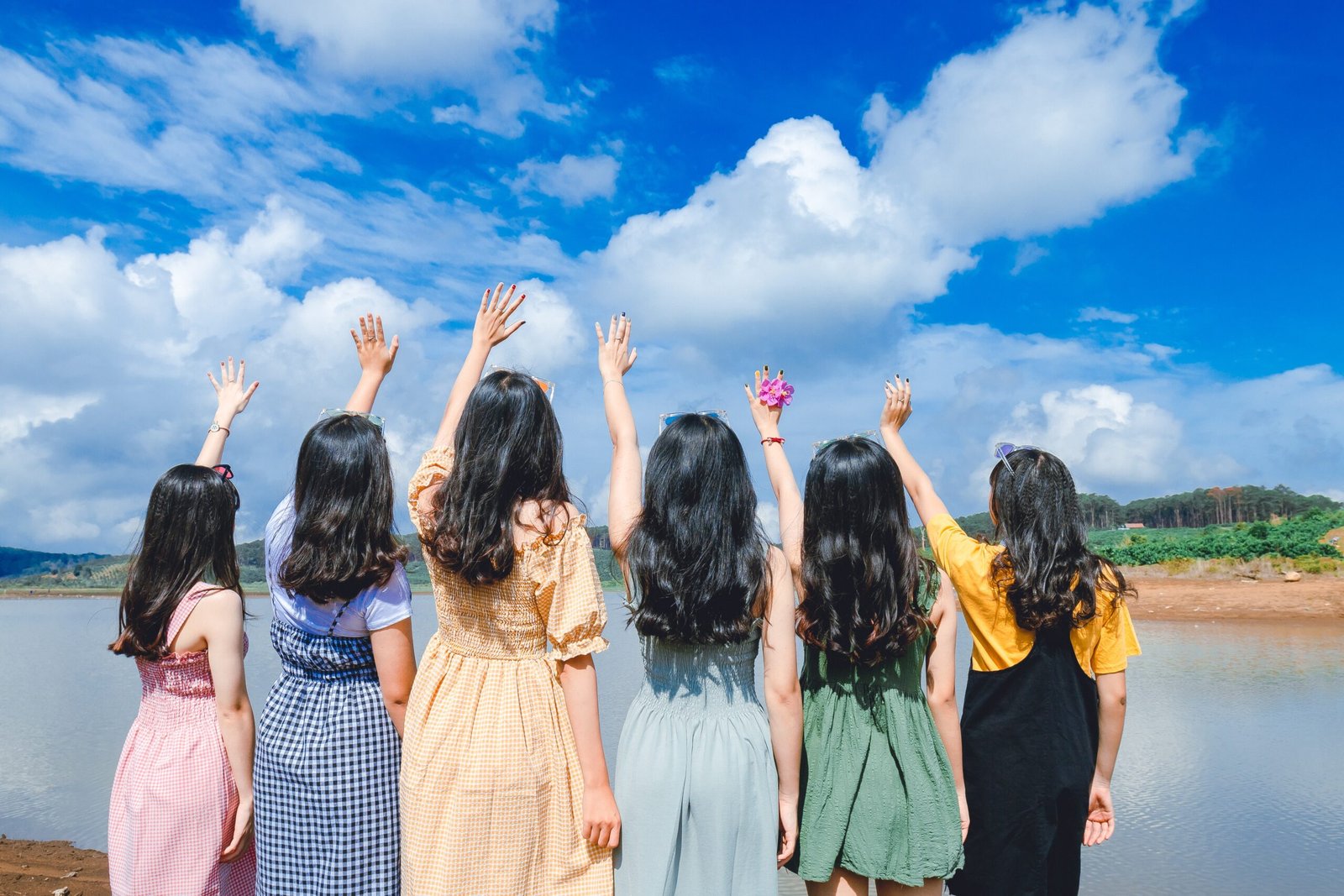

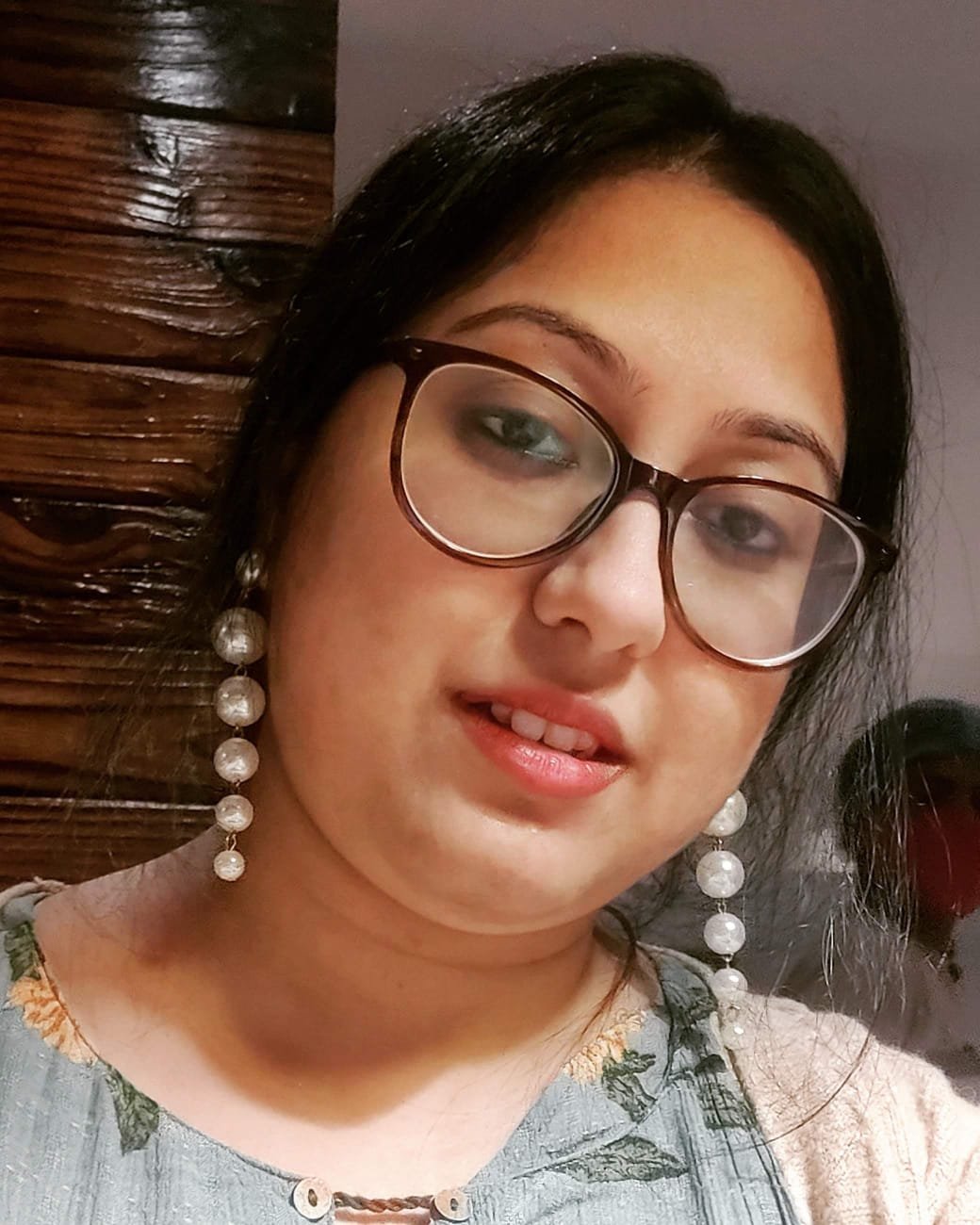
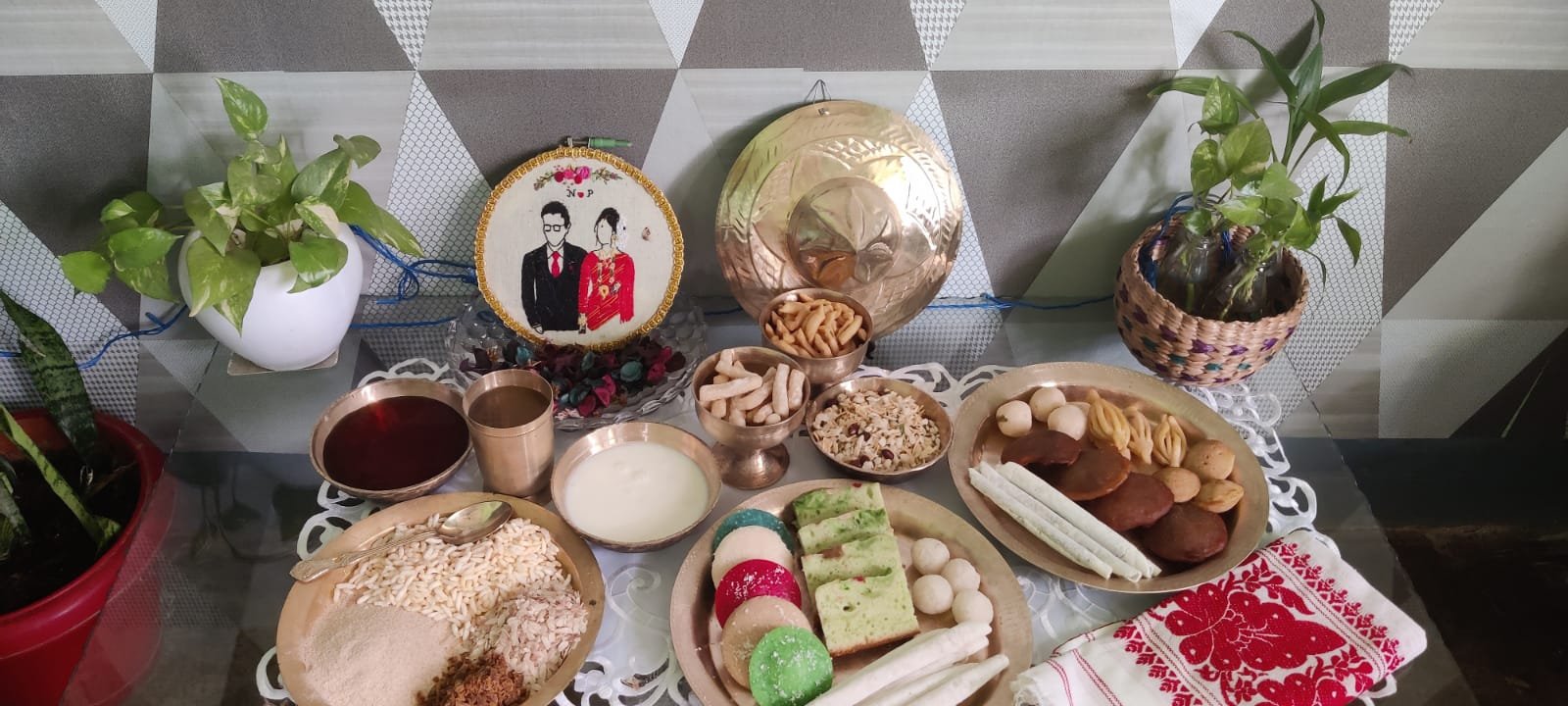


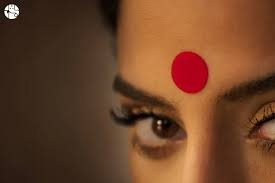


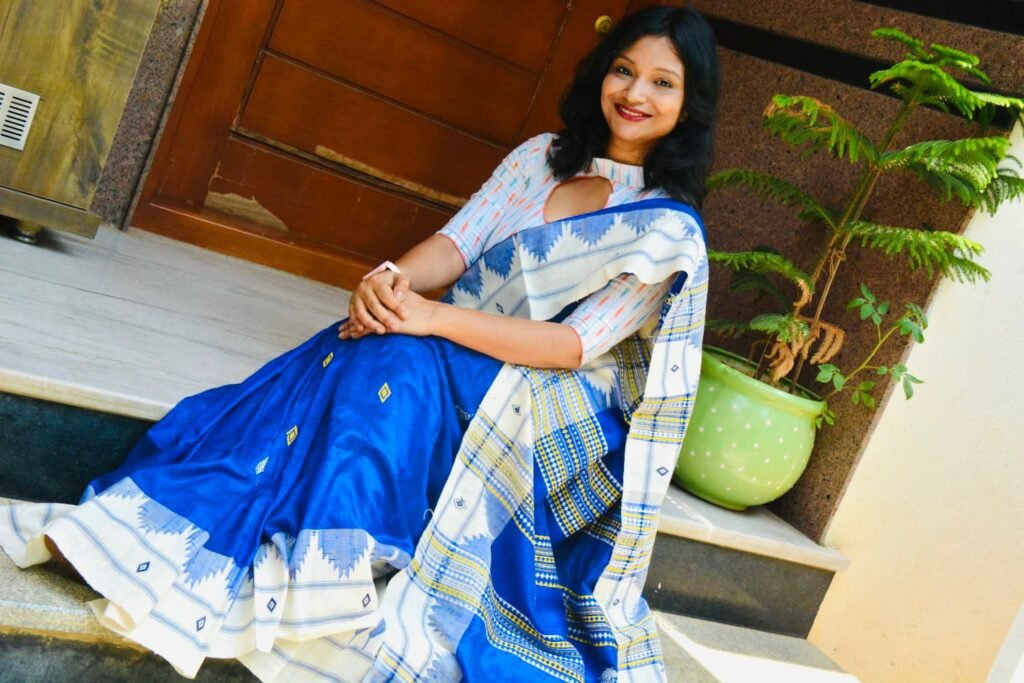
Facebook Comments